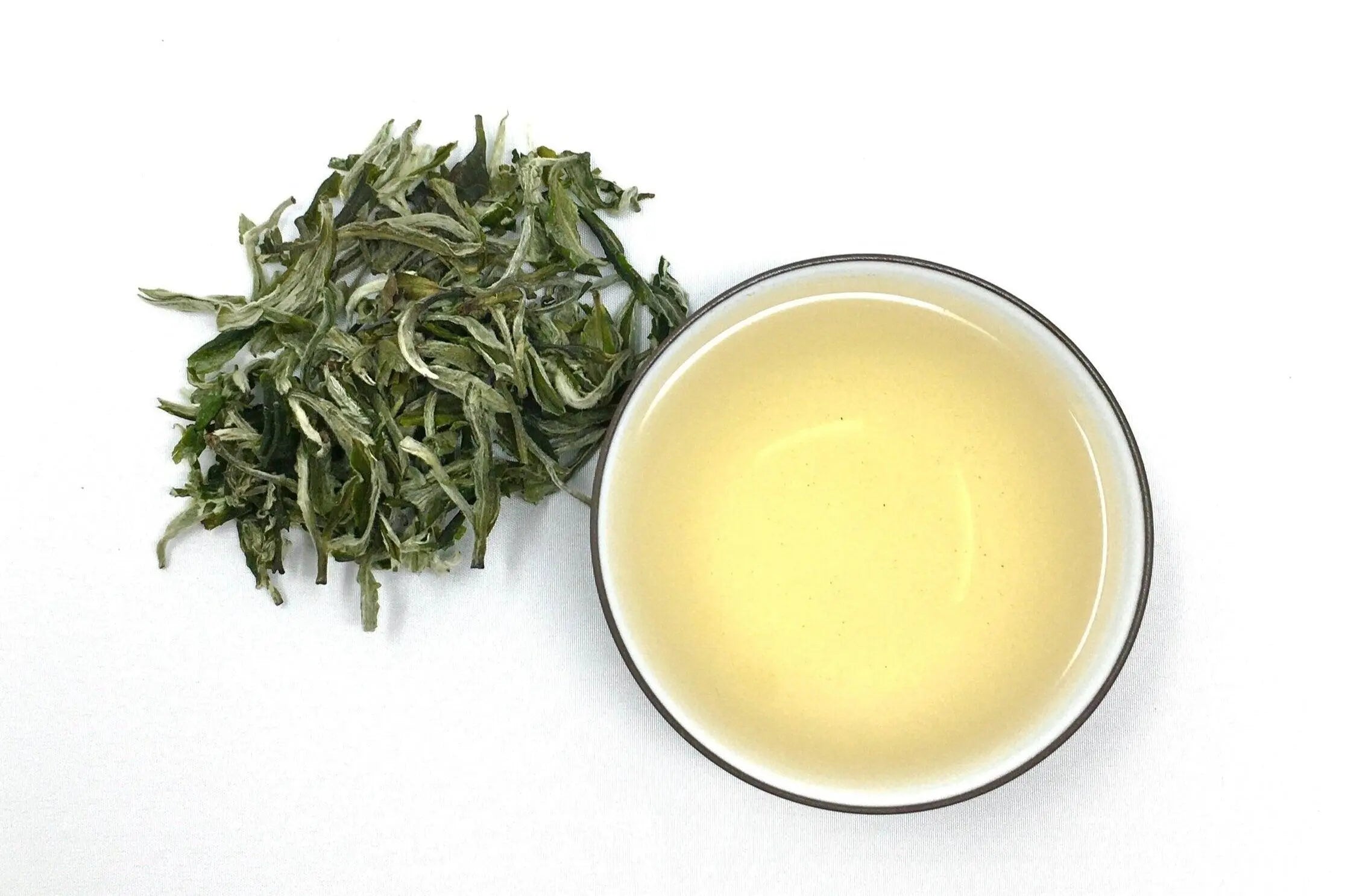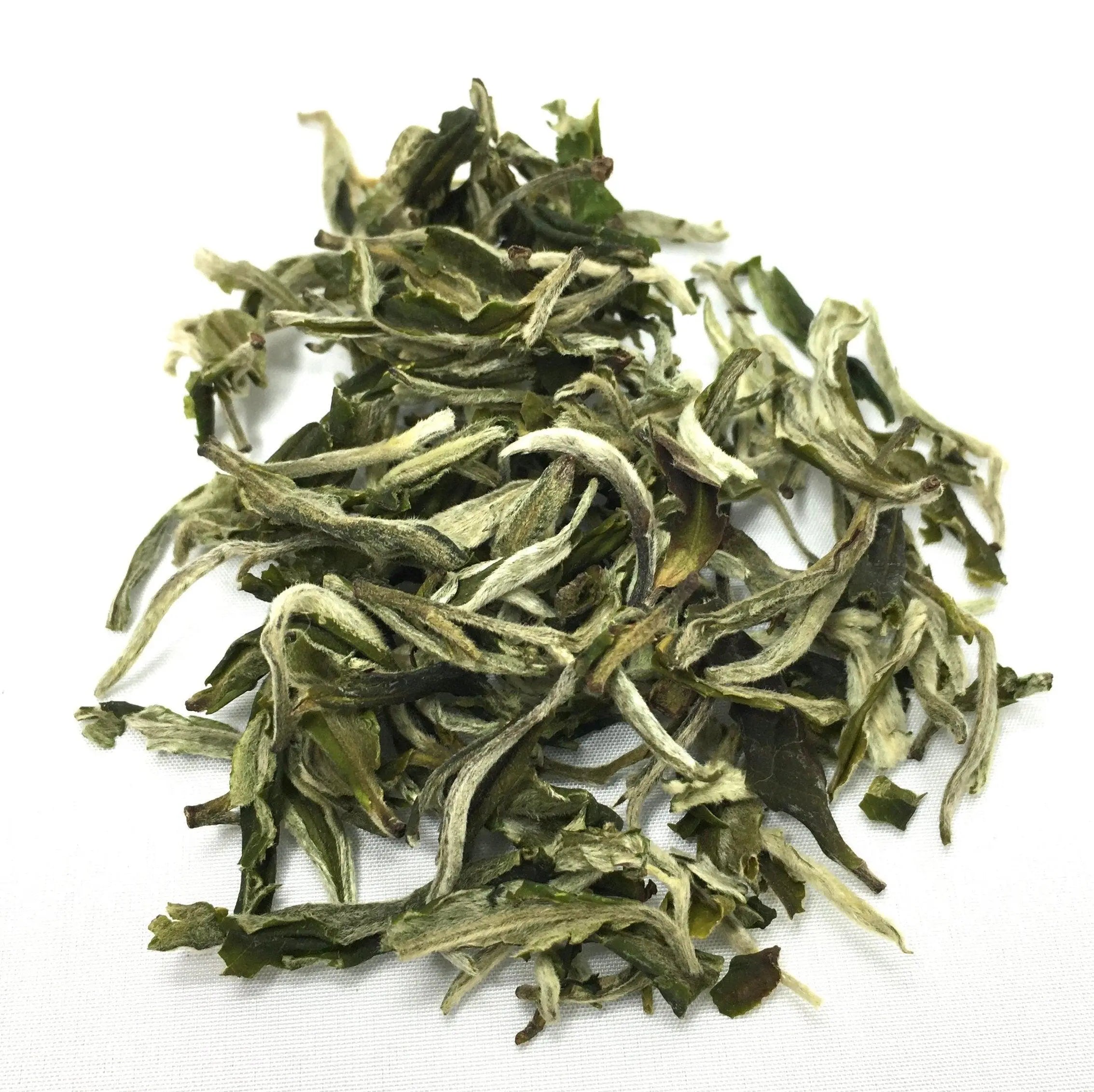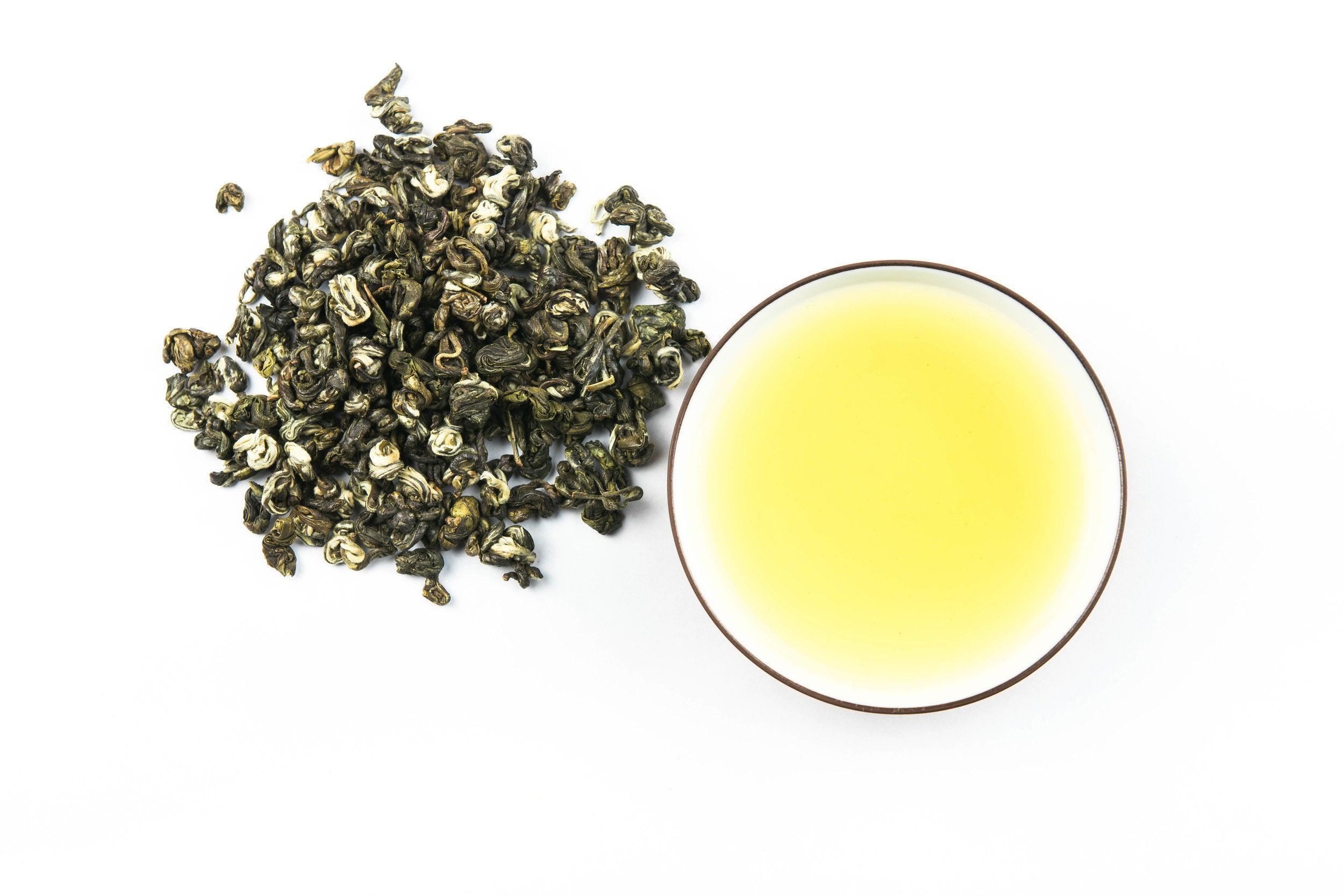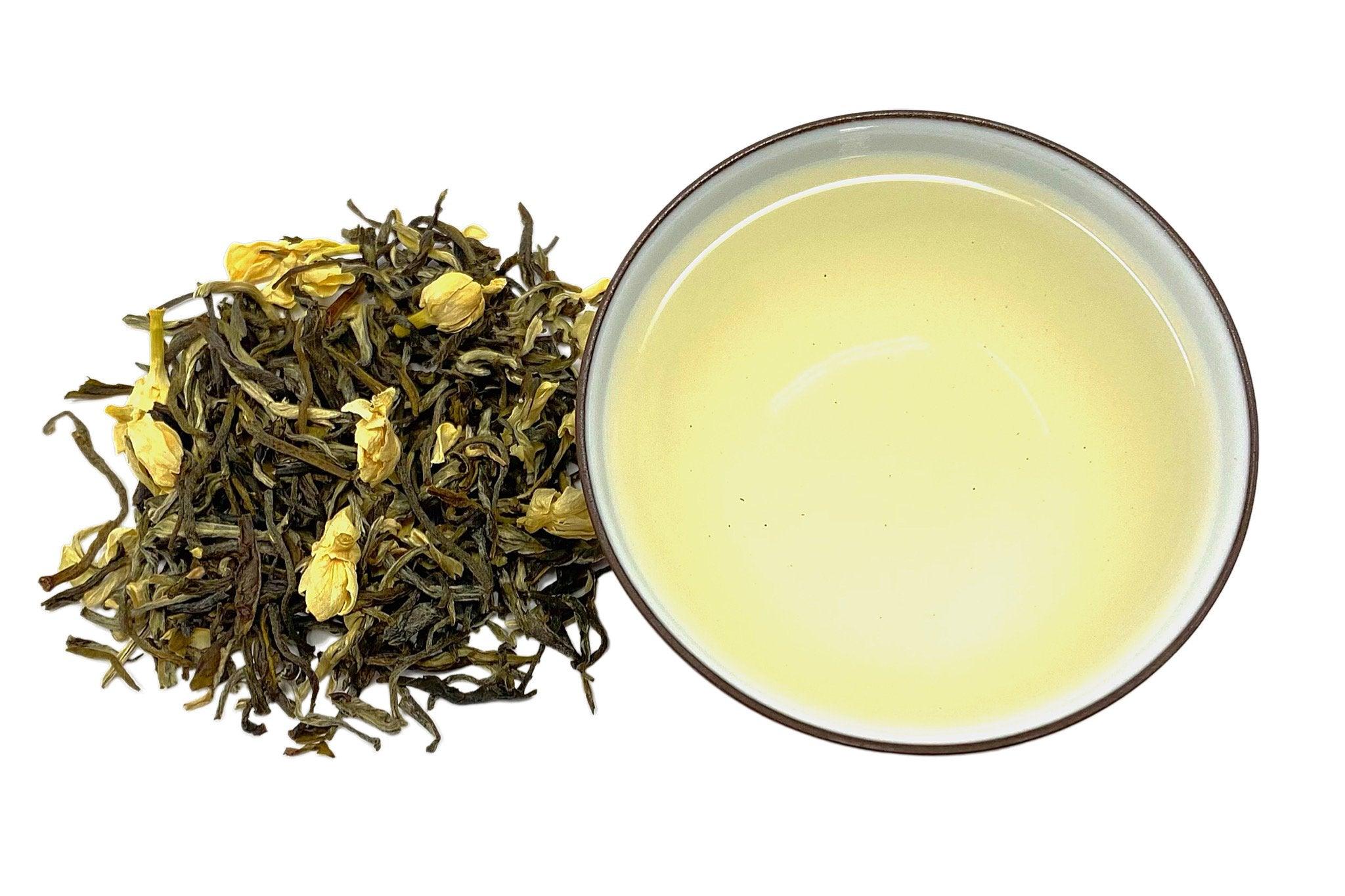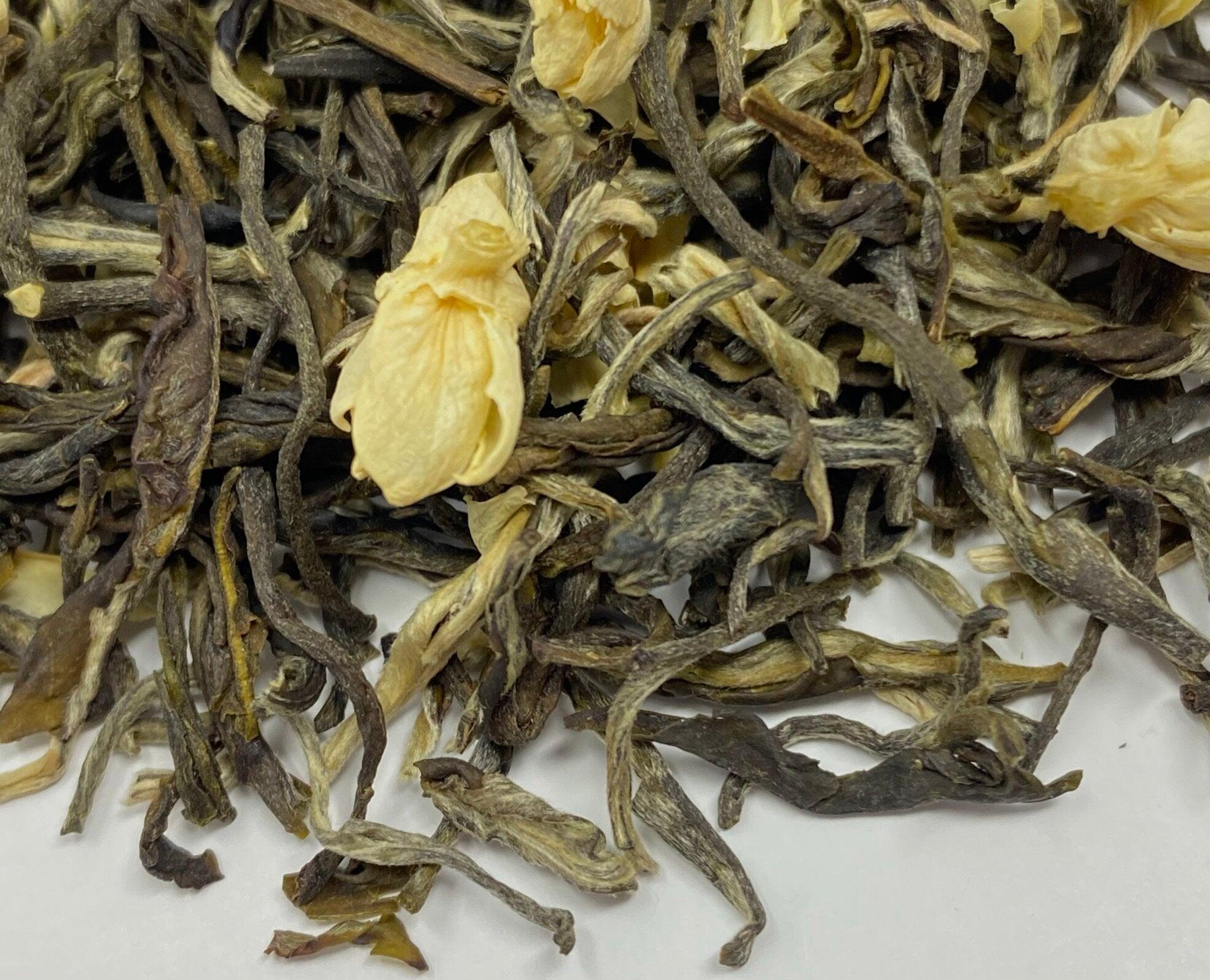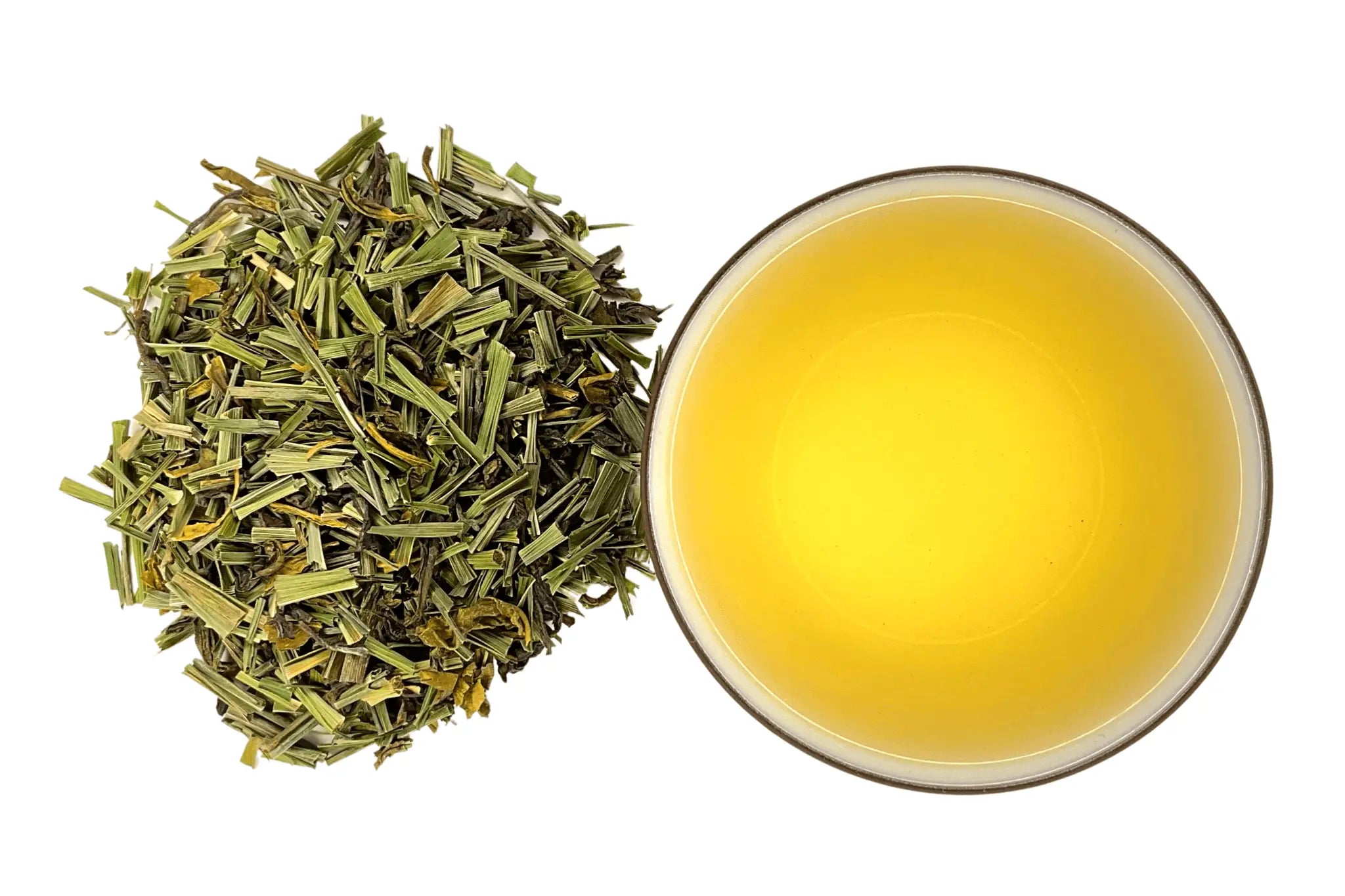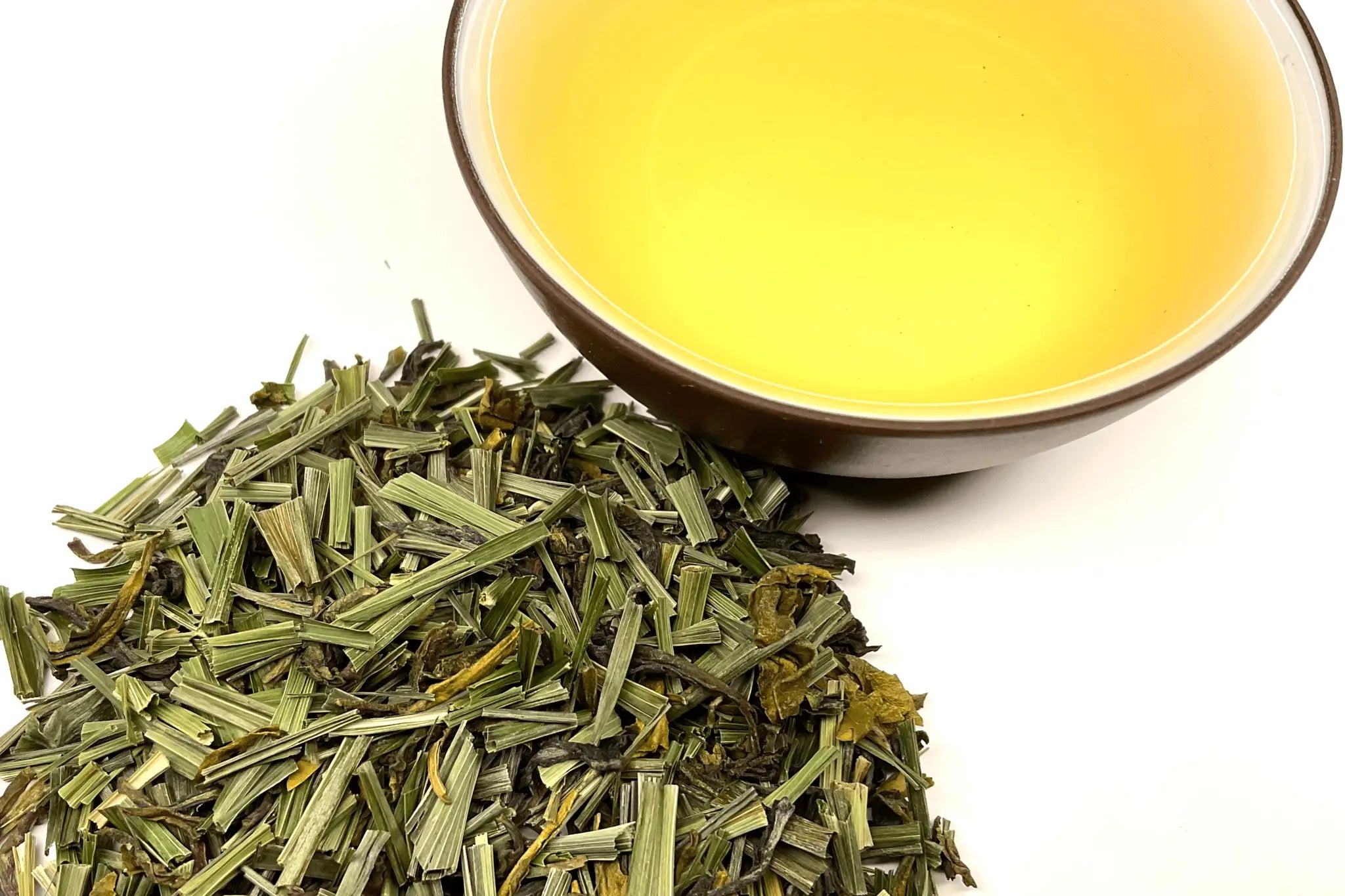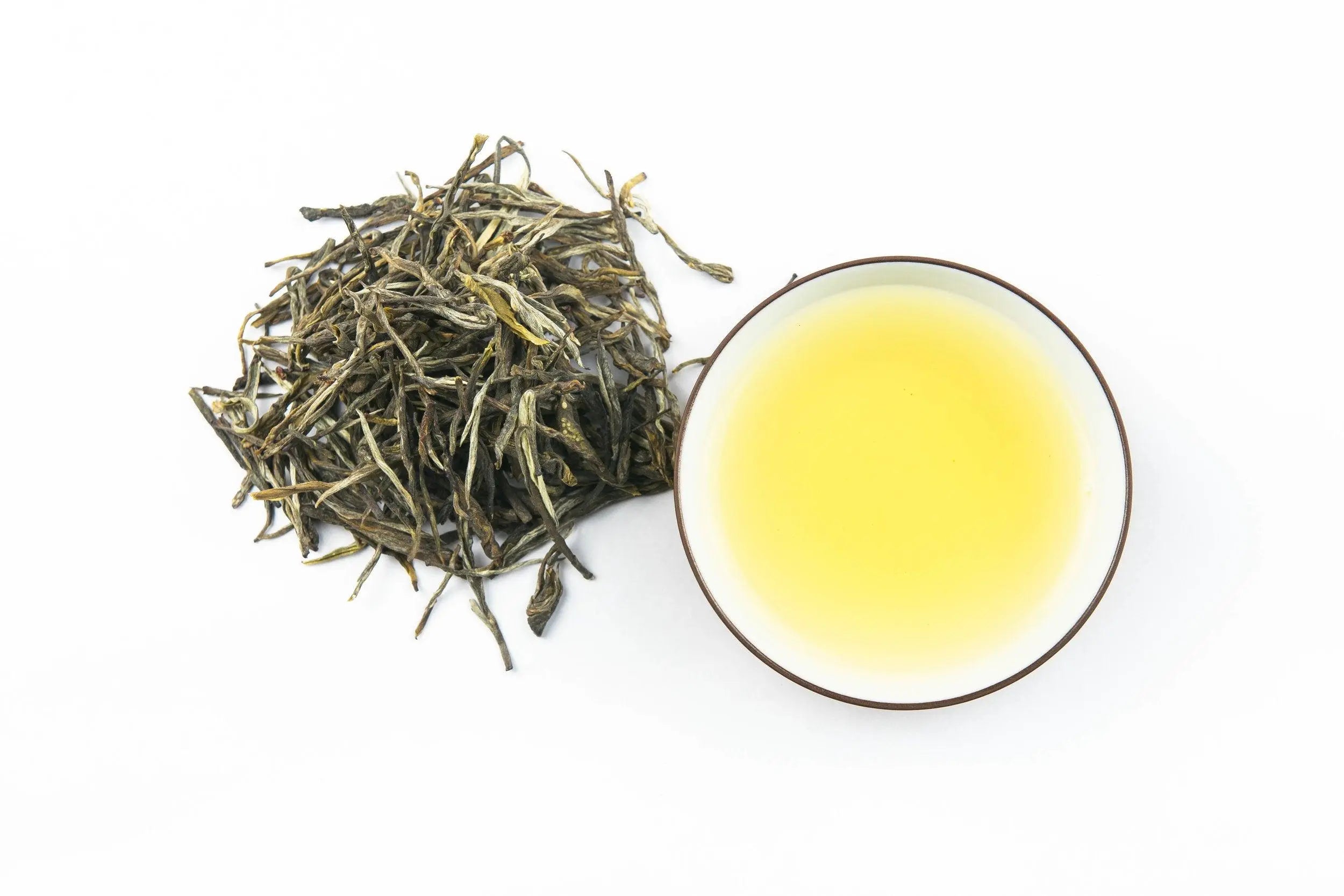
Health Benefits of Green Tea

Weight Loss
Several studies have indicated that moderate consumption of green tea may aid in weight loss and prevent weight gain. However, not all studies have consistently demonstrated these benefits. Certain researchers propose that green tea catechins may assist in weight management by hindering the digestion and absorption of starch through the inhibition of digestive enzymes.
On the other hand, some experts suggest that the weight loss effects attributed to green tea are primarily attributed to its caffeine content. Caffeine alone has been shown to decrease appetite and is a key component in various herbal supplements for weight loss. Studies utilizing decaffeinated green tea extract generally have not yielded significant benefits.

Prevention of Influenza
Laboratory and animal studies have demonstrated that green tea catechins possess antiviral properties. Preliminary evidence indicates that consuming green tea may potentially decrease the risk of contracting the flu. Additionally, certain studies have found that gargling with green tea can be effective in preventing flu infection, although not all studies have reached the same conclusion. The evidence regarding the effectiveness of green tea supplements in preventing influenza is less conclusive and requires further investigation.
Heart Health
Consistent consumption of green tea, typically five or more cups per day, is linked to a reduced risk of coronary artery disease. Drinking a minimum of three cups of green tea daily is also associated with a decreased risk of stroke, although this benefit may be more pronounced in men.
Furthermore, moderate consumption of green tea (more than three drinks per week) is connected to a lower likelihood of heart-related events. Clinical studies have demonstrated that consuming four cups of decaffeinated green tea per day can lead to decreased blood pressure and the reversal of left ventricular hypertrophy in individuals with hypertension.
Drinking green tea or taking green tea extract has been shown to lower total cholesterol levels and reduce levels of low-density lipoprotein (LDL), often referred to as the "bad" cholesterol.

Cancer Prevention
Research conducted on both test-tube samples and animals suggests that the components found in green tea may have potential in preventing various types of cancer. Most studies have focused on the effects of consuming brewed green tea rather than using green tea supplements.
While not all studies in humans consistently demonstrate a reduced risk of cancer with green tea consumption, those that do typically involve drinking multiple cups per day (at least 2 cups). It is worth noting that for certain types of cancer, such as stomach cancer, drinking green tea that is not excessively hot may be more preferable.
Fibroids
Laboratory studies have indicated that green tea extract has the capability to shrink uterine fibroids, which are non-cancerous tumors affecting up to 70% of women in their childbearing years and can cause pelvic pain. In women with uterine fibroids, taking green tea extract for a duration of 4 months has been shown to reduce the size of the fibroids and alleviate associated symptoms, including pelvic pain and anemia, in comparison to a placebo.
Diabetes
Consuming a minimum of 3 cups of green tea daily can lower the risk of developing type 2diabetes by 16%. Green tea may also provide benefits for individuals who already have diabetes. The polyphenols found in green tea, particularly catechins, have the potential to reduce fasting and postprandial (after a meal) blood glucose levels. The timing of green tea intake may also play a role in its effectiveness.

Men's Health
Certain forms of green tea offer health benefits specifically for men. For instance, taking green tea extract may help reduce the risk of prostate cancer and lower serum PSA levels, which tend to be elevated in men with prostate cancer. However, consuming green tea through drinking does not appear to provide the same benefits.
Regular consumption of green tea has been associated with a decreased risk of stroke in men. Those who consumed green tea on a daily basis had an 11% lower risk of stroke (both ischemic and hemorrhagic) compared to individuals who did not consume green tea.
Digestive Health
The polyphenols found in green tea may have prebiotic effects, promoting the growth of beneficial bacteria in the intestines while inhibiting the growth of pathogenic bacteria, including Clostridium difficile. Several studies have shown that drinking approximately 4 cups of green tea per day can increase the proportion of bifidobacteria, which are considered beneficial for gut health.
However, studies specifically examining the effects of green tea extract in capsule form (providing at least 560 mg of EGCG per day) on gut bacteria composition have not demonstrated any significant impact.



